My love affair with libraries began when I was just a kid.
My mother had me reading by the time I was four years old, and I lived in a world of books. In middle school, my dad was a graduate student at Northwestern U in Evanston, Illinois, a suburb of Chicago, and we lived in married students housing next door to the Evanston Public Library.

The library had a regular entrance. But my favorite way in was a high-wire act involving crossing the concrete berm high above the entrance to the underground garage. This narrow wall connected our 7-story building to the library’s little walled patio. On a weekend afternoon, when I had a little liberty, I could cross that wall to the patio. From there, I could slip through the sliding glass doors and be alone for hours of quiet reading. It was the 1960s, an era before everything, including churches, had to be locked up. (It was also an innocent time when a girl child could be off the grid for hours, and nobody worried about it.)
Fortunately, I had no criminal tendencies at 12 years old (or since). I never took a book without checking it out the official way. It was just the thrill of slipping in and being alone in that vast building on the weekend when nobody else was there. I would curl up and read Sue Barton: Student Nurse, the Nancy Drew mysteries, and The Boxcar Children. These gave me my first taste of binge-reading. It was a guilty pleasure. I’m certain that my mother never knew.
From that same library, my mom would borrow record volumes with all the musical comedies of the era: Porgy and Bess; Stop the World, I Want to Get Off; West Side Story; Oliver; Gypsy. This is the stuff I was raised on.
Now, to the librarians. They were the curators of my reading journey. It was they who led me to each binge series, and introduced me to new books anytime I had plowed my way through all of, say, The Hardy Boys and needed a new read.
When it came to homework, they were the experts in the Dewey Decimal System, the predominant system worldwide for classifying books and other library materials. They could find any volume in the entire building – even track down books in other libraries. That was nothing less than magic to my 12-year-old self. And they were happy to teach you their magic tricks, too. They liked nothing better than to share that magic, teaching you the ins and outs of “finding things” in books and periodicals.
Fast forward to the late 1990s. I found my way to an international news and information company based in Washington, D.C. Because of all that reading, I could write. (That’s what I tell kids today who ask how I became a writer.) The company had a library in the headquarters building, with a full staff of legal librarians. These were, I swear to God, the smartest people on the planet! They like nothing better than a query involving obscure or esoteric information. The reporters at the company relied on them for research into arcane questions of policy, law, and legislation.
(I’ve heard it said that librarians are geniuses at auctions. This is because they have read so voluminously that they can assess the value of almost anything. Is that true? I’ll have to ask a librarian!)
Along Came the Internet: The End for Librarians?
Along came the internet.
Like so many other jobs, I thought the librarian’s job might be in jeopardy. I feared for them – the original search engines. I feared that, like travel agents, typesetters, photo lab technicians, and directory assistance operators, their jobs might simply disappear.
Today, everyone pretends at brilliance. We all think we are master researchers – after all, we have Google, and lately AI tools like ChatGPT. We’re turning into the Jetsons: snap! And there it is. Whatever you want (to know), right there at your fingertips. Just as the DOS computer turned everyone into a publisher and the iPhone turned everyone into a photographer, I feared that librarians would become unnecessary or irrelevant.
Yet, the librarians I know are not out of work. Who do you think has done the job of digitizing so much of our collective knowledge?
With the advent of the internet, the librarian’s job – although it has changed dramatically – has become more vital than ever. In the age of new culture wars, driven strongly by disinformation campaigns, librarians remain reliable touchpoints for reality checks. Want to know what’s real? Ask a librarian!
“Ask A Librarian – They Know Everything!!!”
When researching the proper formatting of ISBN numbers in books recently, I couldn’t find the answer after checking multiple sources. Yes, I tried asking ChatGPT. Finally, I emailed my question to “Ask A Librarian,” a service of the Library of Congress. While in the inquiry, I heard myself saying to someone: “Let’s ask a librarian – they know everything!!!”
The librarian’s job today is far from obsolete. In fact, their work is essential!
According to data from the Bureau of Labor Statistics (BLS), the number of librarians employed in the United States has increased since 1990, although the growth trajectory leveled off in the early 2000s.
In 1990, there were approximately 139,000 librarians employed in the United States. By 2020, that number had increased to around 141,000, according to BLS data. This represents an increase of about 1.4% over 30 years.
It is worth noting, however, that the total number of library workers (including library technicians, support staff, and librarians) increased more significantly over the same period. In 1990, there were around 307,000 library workers in the United States. By 2020, that number had increased to around 385,000, representing a growth rate of approximately 25%.
Librarians have had to adapt to teaching users how to use digital resources effectively – as always, teaching is a huge part of the librarian’s job. This includes instruction on search techniques, citation management tools, and how to evaluate the reliability of digital resources. They have been needed to digitize archival material as well as physical materials. They’ve had to develop metadata to ensure that digital materials are organized and easily accessible.
With the rise of remote learning and online research, librarians have been on the frontlines, helping the rest of us learn to use virtual reference services. This includes online chat services, email reference, and video conferencing as so many professions have added a virtual component, if not gone virtual entirely.
Today, librarians collaborate closely with technology experts to ensure they are up-to-date on the latest technology trends and tools. This includes working with IT departments, instructional technologists, and other experts to develop effective digital strategies and services.
A librarian’s job is now easier in many ways than it was in 1950 due to the advances in technology and changes in the way libraries operate. Remember card catalogs? Today, cataloging is done through automated systems, making it faster and more efficient to catalog materials. And many more resources are available in digital form so that the librarian, just like us, can search and access information faster and more efficiently. They no longer have to manually search through books and catalogs.
As librarians and library technicians have digitized more and more information, they can connect us to a broader range of online resources. This includes databases, e-books, and digital archives – and with speed. Additionally, interlibrary loan systems let libraries work together and share resources. Today, each individual library can provide a much broader range of materials. This makes it easier to source hard-to-find items. It’s hard to overstate the benefits of this progress.
So, far from becoming obsolete, librarians are more essential than ever and have become more powerful researchers and curators of information than ever before. They are also, thank goodness, our reality check on what’s real and what’s not as digital materials threaten to bury us in nonsense, usually purveyed by people with hidden agendas.
I’m comforted by this.
Want to know something and don’t know where to turn? Ask a librarian!
We Rely on Librarians at The Allyson Group
Here at The Allyson Group, we don’t pretend to know everything. We are not librarians. But we know well enough that when we don’t know something to go ask someone who does.
Count on us to get the facts right, to source our information, to give credit where it’s due. We make sure we have the right to use copyrighted materials — another byproduct of our work as digital content writers that we count on librarians to help us with. If we don’t know something, and can’t find the answer online, we call a librarian!
Reach out to us anytime at info@theallysongroup.net or cruise our website at www.theallysongroup.net

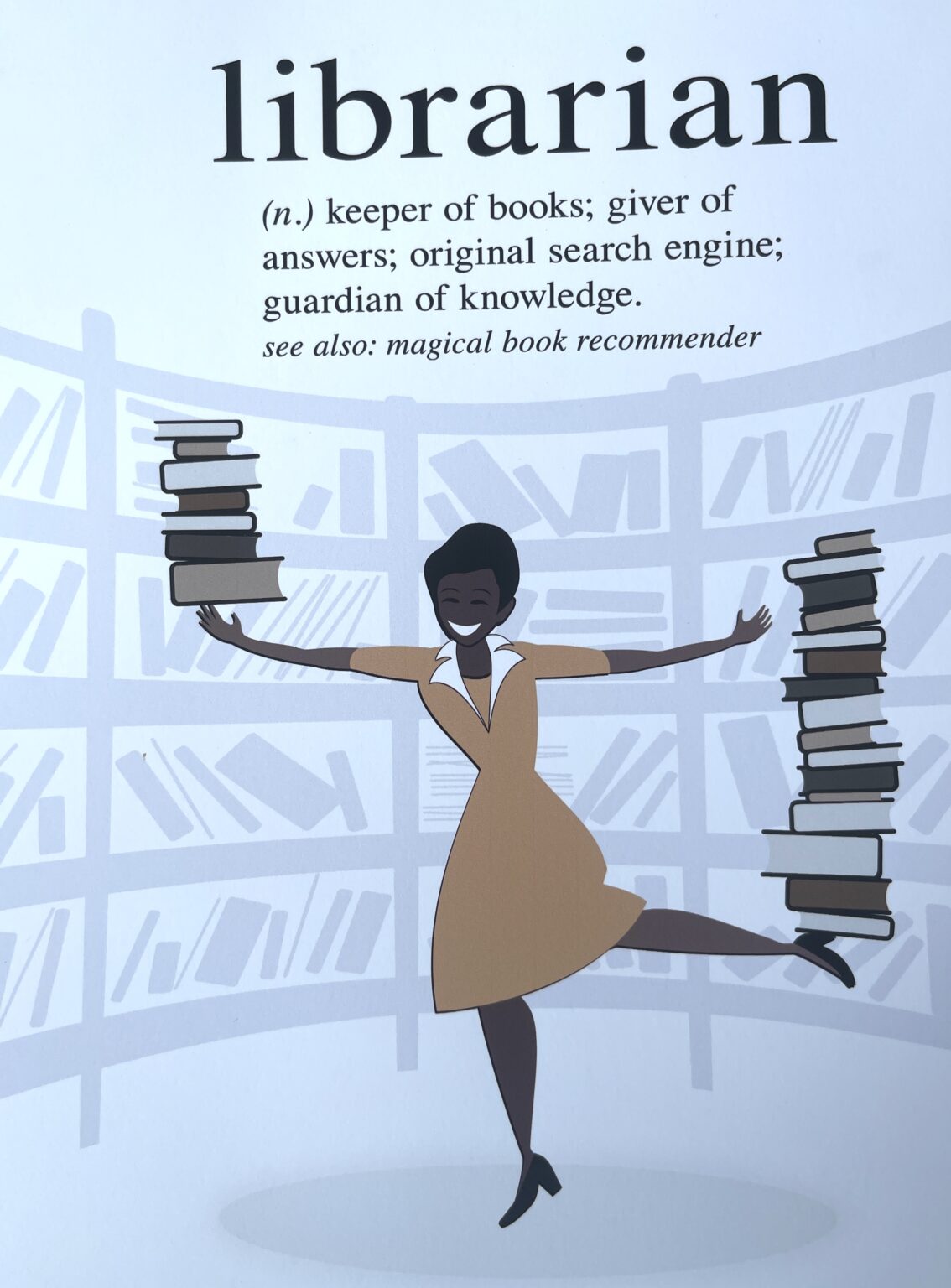



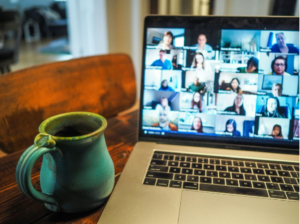
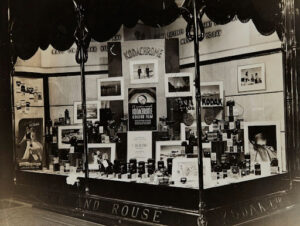

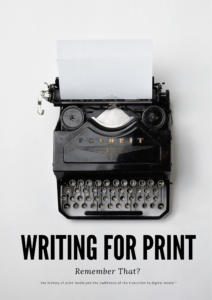
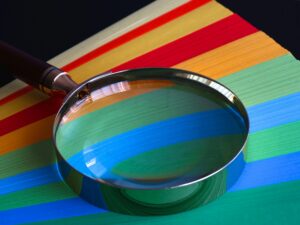


This Post Has 4 Comments
I Loved this… I really never gave Librarian’s the credit they deserved!!
Thanks for enlightening me!!
I Loved this… I really never gave Librarian’s the credit they deserved!!
Thanks for enlightening me!!
Great piece! A wonderful homage to what indeed appeared to be a dying profession. I appreciate this new context. Libraries are shifting to become valuable community centers for these modern times. Let’s give both libraries and librarians their due!
I loved having a librarian help me growing up and going to the Library if Congress when I moved to the DMV. Glad they’re still viable. Loved the article.